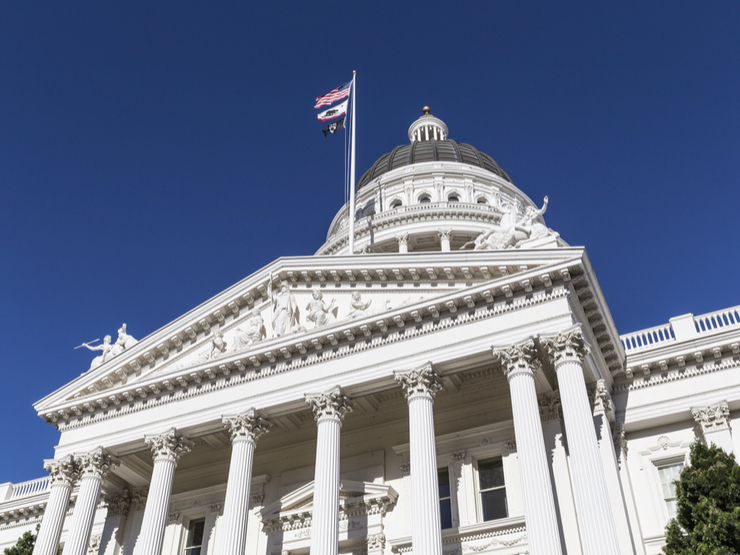
Happy Birthday, Adam Smith, 300 Years Old
In 1776, Adam Smith wrote The Wealth of Nations. In his seminal work, Smith challenged the policies of governments, many of which would not be changed to Smith’s liking.
In NRO, Dominic Pino writes that even living in “unimaginable squalor” compared with our standards today, Smith, who turned 300 this year, looked at the world and asked why some countries were wealthier than others. For Smith, specialization was the key to wealth.
In poor countries, everyone does everything. People make their own clothes, grow and cook their own food, defend themselves against invaders, and more. In wealthy countries, people have specific jobs and trade for the things they don’t make.
For the first time in the history of the world, humans would experience sustained economic growth. The average person’s standard of living was roughly constant for most of human history until the industrial revolution. It’s an underappreciated fact: The average person’s material conditions did not significantly change from the time of Christ to the 1700s.
A System of Natural Liberty
Today’s inflation update and a Friday report on federal deficits underline the increasing challenge of funding Washington, warns James Freeman in the WSJ.
Interest rates are higher than they were in 2022. Furthermore, as James Freeman notes in the WSJ, rates are much higher than they were in the years before that.
… the cost of financing is rising sharply as old debt at low rates is replaced by new debt at higher rates. Not that interest costs are the only problem. It’s almost hard to find major programs with costs that weren’t also surging in October and November.
From the Congressional Budget Office:
Outlays for the largest mandatory spending programs increased by $48 billion (or 11 percent):
Spending for Social Security benefits rose by $25 billion (or 12 percent) because of increases in the average benefit payment (stemming mostly from cost-of-living adjustments) and because the number of beneficiaries increased.
Medicare outlays increased, on net, by $22 billion (or 17 percent) largely because of increased benefit payments to Medicare Advantage plans compared with the same period a year ago.
James Freeman wonders, who is going to pay for all this?
Well, we know the answer to that question, but increasingly the big question is who’s going to lend us the money to pay for all this.
From the WSJ’s Eric Wallerstein:
Scrutiny of Treasury auctions—whereby the government funds operations by selling the world’s safest bonds to big banks and dealers—has grown alongside their size. For years, many in Washington and on Wall Street assumed that investors would buy any number of bonds the government issued, no matter the fiscal outlook. Testing that assumption: the sale of $20.8 trillion of new Treasurys in the first 11 months of the year—set to surpass 2020’s record of just under $21 trillion.
Keeping Smith’s legacy alive is an important part of the mission at Capital Matters, writes Dominic Pino.
In a country with an administrative state as ambitious as ours is and amid growing openness to the ideas of social democracy on left and right, those core commitments need defending now more than ever. That’s why we’re asking for your help.
Mr. Pino suggests readers can “support the important work at Capital Matters — and initiatives like the Adam Smith project that promote economic freedom — by making a year-end, tax-deductible contribution to National Review Institute, the nonprofit journalistic think tank that supports the National Review mission.”
Mr. Pino thanks NRO readers for their support:
…please know we’re holding down the fort for economic freedom every day here at Capital Matters. We hope to play a small part in making sure Adam Smith is still being read in another 300 years.




